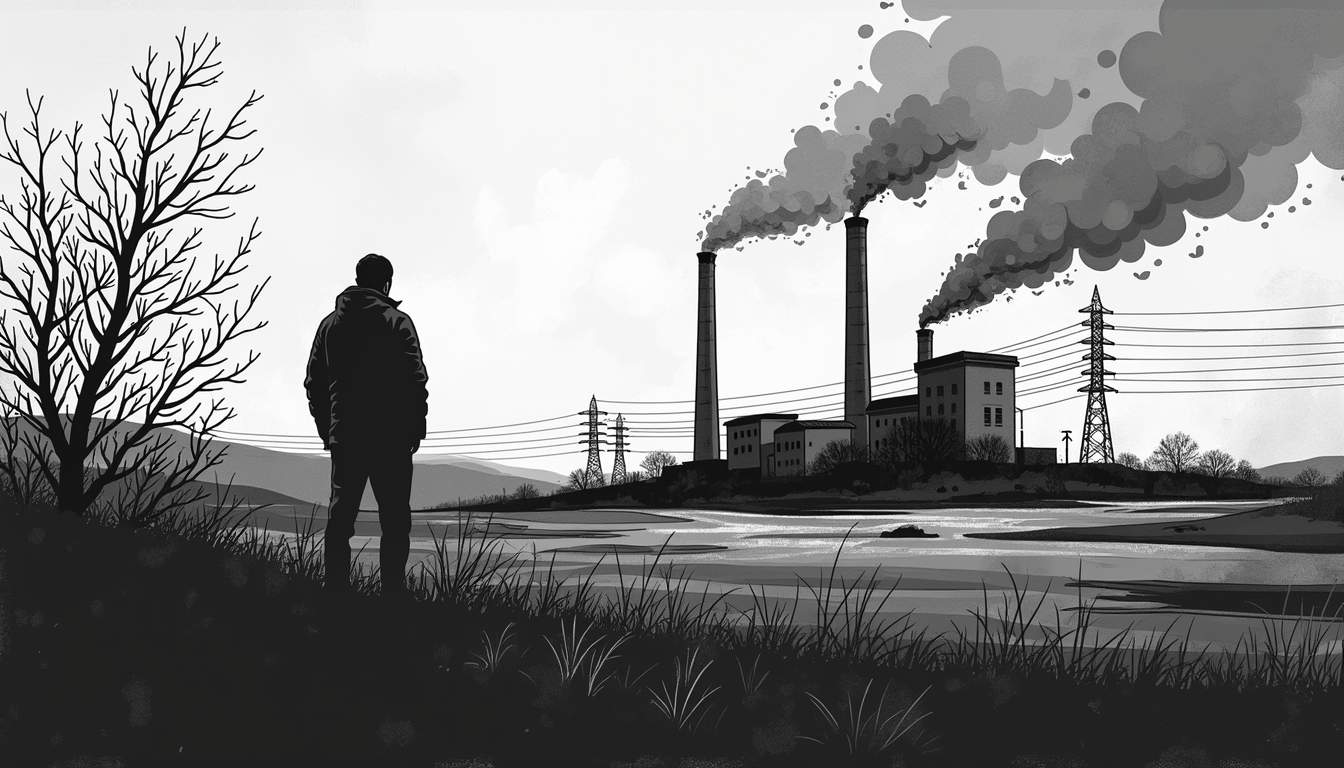It looks like Russia is in a bit of a pickle. The country, usually flush with energy resources, is facing an unprecedented energy crisis that’s hitting its cryptocurrency mining and artificial intelligence sectors hard. With winter bearing down and power demands skyrocketing, Moscow has had to impose some serious restrictions on crypto mining. In this post, I’ll break down the situation and explore how it’s reshaping Russia’s global standing.
Crypto Mining vs. Power Needs
As temperatures drop and energy consumption surges, Russia has enacted a winter ban on cryptocurrency mining in three regions of Siberia. These areas are typically known for their low-cost hydropower, but they’re also facing high demand this winter. And it’s not just there; regions that Russia claims to have annexed from Ukraine are also under crypto mining bans because their energy infrastructure is completely wrecked.
Here’s the kicker: crypto mining requires an insane amount of power. And during peak times—like now—that’s become a huge issue for the country. The big question remains: will these measures even help?
AI Development Stalled
It’s not just crypto that’s getting hit; AI development in Russia is also facing roadblocks. The same regions vital for crypto are crucial for AI too, since both sectors need massive amounts of computational power and energy. According to Russian grid operators, AI was chewing through about 2.5 GW of power last year and could balloon to 10 GW soon enough—but that’s assuming the necessary infrastructure gets built, which seems doubtful at this point.
Interestingly enough, Russia isn’t the only place struggling with power shortages these days. South Africa had rolling blackouts in 2023 but seems to be out of them now after some hefty tariff hikes were approved for Eskom. Iran is experiencing similar troubles as its citizens freeze during fuel-scarce winters.
BRICS: A New Geopolitical Landscape
With all this going on, one has to wonder about Russia’s position within BRICS (Brazil, Russia, India, China & South Africa). The group aims to challenge Western dominance in tech and infrastructure—and it seems like they might be needing some new strategies pretty soon.
Russia may be increasingly reliant on China and other non-Western markets for its energy exports—an alignment that could well influence its geopolitical stance moving forward. But will those alignments help or hurt its nascent AI and crypto industries? It’s a head-scratcher.
Looking Ahead
So where does all this leave us? If Russia wants to get out of this mess—and allow its crypto and AI sectors to thrive—it needs some serious rethinking about energy usage strategies. Maybe investing in renewables isn’t such a bad idea?
The long-term implications are staggering too; as things stand now, Moscow’s ambitions of being a major player in global crypto mining might just be going down the drain along with those power grids. And let’s face it—those annual revenues were estimated at around $2 billion!
In conclusion: as winter tightens its grip on Russia, the battle between cryptocurrency mining and artificial intelligence development for limited energy resources is intensifying—and so are the geopolitical ramifications.








